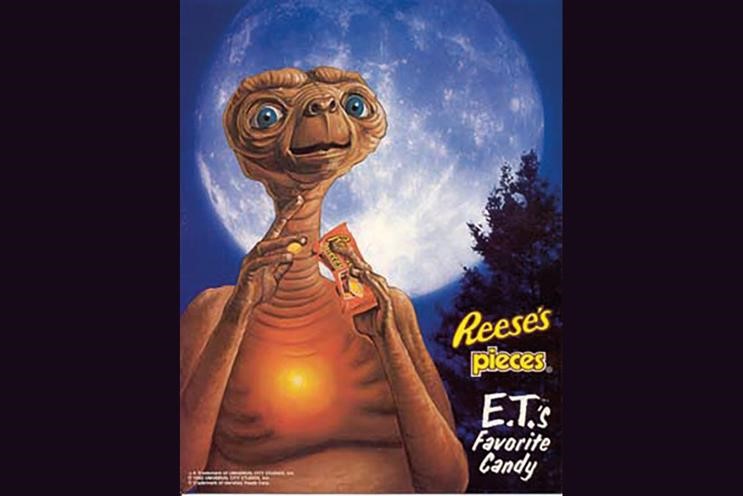Legends of Marketing Series by Gary Hoover
The Power of Cross-Promotion
The idea of working with other companies to build your sales has been around a long time in many situations.
Most of my life has been in retailing. My friends and I built the first chain of giant bookstores, Bookstop, in the 1980s. Barnes & Noble purchased the company and then expanded the giant store idea in a big way. One of the most important parts of retail strategy has always been site selection. In each of the 20+ stores we opened from Miami to San Diego, our first question was, “Who will be our co-tenants? Will they appeal to the same customers who shop bookstores?” Restaurants, movie theaters, and The Container Store were some of the co-tenants we sought.
Our first store was in a new shopping center in northwest Austin, Texas. Two doors down was a young company’s second store, called Whole Foods Market. I went to every store in the shopping center, maybe 15 of them, and offered to share in our grand opening campaigns. Only Whole Foods’ management was interested. We set it up so that if I customer bought enough at Whole Foods, they got a free book, and if they bought enough books, they got a free steak at Whole Foods. All I clearly remember is that Whole Foods ran out of steaks in the promotion.
At the level of big companies, McDonald’s has worked with many others, including the makers of Monopoly. But their greatest partnership is with Coca-Cola. The inability to capture the business of fast food chains led PepsiCo to buy their own chains and create the second biggest fast food chain group. Later, they spun those operations off as Yum Brands, which includes Pizza Hut, Taco Bell, and KFC. Pepsi made sure they signed long-term contracts to have their products in those restaurants.
One of the most successful co-marketers is Intel, which sells nothing to end consumers, but backs the advertising of those computer makers who use Intel “inside” with their logo and sound bite.

And of course, the movie companies use co-marketing heavily, from James Bond and Aston-Martin to E.T. and Reese’s Pieces, from Burger King in Men in Black II to Mini Cooper in The Italian Job.
There is no marketing organization which can’t use cross-promotion to their advantage. It’s just a matter of being creative. When everyone else is just running low prices for Black Friday and special sales, surprise people with the unexpected, something different!
Starting questions include:
- Who is our customer? (You gotta know that already!)
- What else do they buy? (Think hard, do surveys or focus groups, look for the unusual or surprising.)
- Which companies are best in those categories?
- Which companies are most interested in tying-up with us, which are easiest to work with? (Especially if they already do some co-marketing.)
From a variety of sources, here are a few ideas – it’s up to you to figure out how to adapt them to your business:
Pool your marketing budgets and human resources to co-sponsor an event, from a marathon to a webinar to a museum exhibit.
Share in a contest – any contest. Fill in the missing letters from famous quotes or movie dialogs, to spell out your company or brand name. Find hidden codes in each other’s websites or email campaigns.
Have customers submit videos of themselves using both your products or services.
Exchange premiums – a gift of wine with cheese and vice-versa, a gift of cosmetics with clothes, a gift of consulting time with a valuable report or study. Look for unusual combinations!
Create bundled products and packages that you both sell – a restaurant discount with a hotel stay, shoes with socks, website creation and social media marketing tools, and again cheese and wine.
Selectively combine frequent customer, loyalty programs, or points. Buy ten things from us and get one from the other company.
Create affiliate programs where other companies earn commissions for driving traffic to your site or products and services, wherever they are sold.
Share content – if your food site has recipes tips, share them with the people who make the ingredients and vice-versa.
Share customer lists (within the rules and with the customers’ approval, of course!).
Get creative, look at every industry for more ideas.
Even without telling the other company, you may be able to promote their product without them objecting. Tie something you sell to a popular TV show, movie, song, or book. When our Bookstop employees tired of receiving book discounts as a perk, we added gift certificates from the largest local record store and people loved them (remember record stores?).
Any such program needs strong joint promotion and social media campaigns to work. Tweet, Instagram, Pinterest, Facebook, Yelp, and TripAdvisor a lot! Review each other’s products on Amazon.
With the right partner and creative thinking, you can both accelerate your business!
Here are some links for further research, inspiration, and idea generation:
https://petersandeen.com/partnership-marketing-methods/
https://blog.rebrandly.com/co-marketing-campaigns/
https://blog.hubspot.com/marketing/best-cobranding-partnerships
https://www.bluleadz.com/blog/10-great-examples-of-co-marketing-partnerships-that-work
https://www.powerlinx.com/resources/types-marketing-partnerships/
https://econsultancy.com/a-complete-guide-to-partnership-marketing-part-one/
https://adage.com/article/agency-viewpoint/10-branded-content-partnerships-2017/311725/
https://www.entrepreneur.com/article/254742
For small businesses:
https://smallbiztrends.com/2018/04/partnership-marketing-small-business.html
https://www.hatchbuck.com/blog/small-business-partnerships/
https://www.inc.com/magazine/201504/erin-geiger-smith/tipsheet-the-tricky-art-of-parenting.html
(The link sounds wrong, but this is about marketing, not parenting.)
For bricks-and-mortar, local:
https://townsquared.com/ts/resources/cross-promotion/
https://www.nfib.com/content/resources/marketing/10-ideas-for-cross-promoting-your-company-50506/
https://www.independentwestand.org/cross-promote-your-small-business-through-local-partnerships/
https://www.thebalancesmb.com/attract-more-customers-through-cross-promotion-2947163
https://smallbiztrends.com/2018/05/cross-promotion-small-business.html
https://www.thryv.com/blog/7-cross-promotion-ideas-small-business/
 Gary Hoover is a serial entrepreneur. He and his friends founded of the first book superstore chain Bookstop (purchased by Barnes & Noble) and the business information company that became Hoovers.com (bought by Dun & Bradstreet). Gary served as the first Entrepreneur-in-Residence at the University of Texas at Austin’s McCombs School of Business. He has been a business enthusiast and historian since he began subscribing to Fortune Magazine at the age of 12, in 1963. His books, posts, and videos can be found online, especially at www.hooversworld.com. He lives in Flatonia, Texas, with his 57,000-book personal library.
Gary Hoover is a serial entrepreneur. He and his friends founded of the first book superstore chain Bookstop (purchased by Barnes & Noble) and the business information company that became Hoovers.com (bought by Dun & Bradstreet). Gary served as the first Entrepreneur-in-Residence at the University of Texas at Austin’s McCombs School of Business. He has been a business enthusiast and historian since he began subscribing to Fortune Magazine at the age of 12, in 1963. His books, posts, and videos can be found online, especially at www.hooversworld.com. He lives in Flatonia, Texas, with his 57,000-book personal library.
To get updated information about the team at Apogee Results, please follow us on your favorite social media channels.

